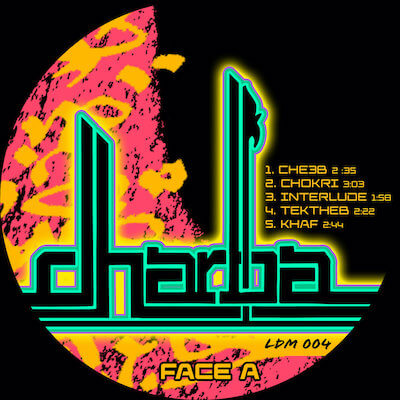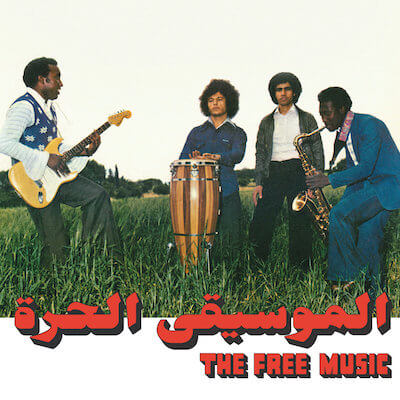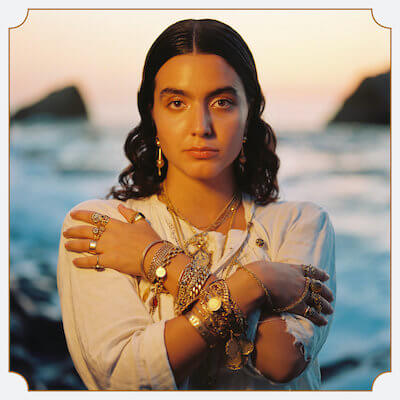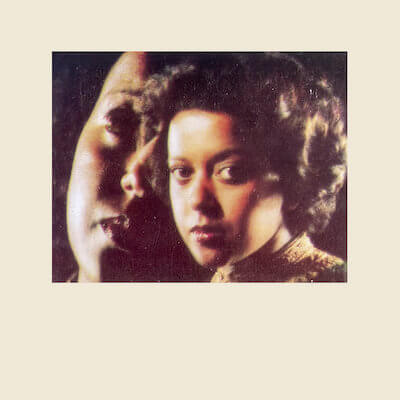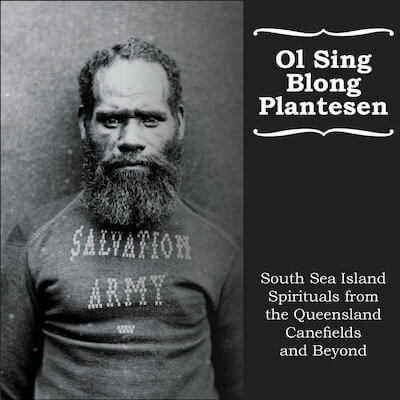Spinning The Globe – April 2023

Julia Colom
Spinning The Globe is a new monthly column here at Paste that takes stock of the amazing music being released or reissued by artists that fall well outside the Western pop landscape. Each edition will highlight a diverse array of performers, from names that will be immediately familiar to longtime listeners of so-called “world music” and those lesser-known figures and groups keeping the traditions of their home country alive or pushing traditional music in new, exciting directions.
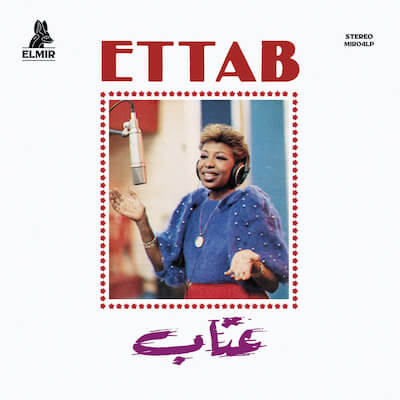
Ettab: Ettab (Elmir)
The impact of Saudi Arabian vocalist Ettab on the global music community extends well beyond the work she released on roughly produced cassettes during the ’80s and ’90s. Her career dipped into the world of cinema and, after she retired from performing, as an advocate for her fellow female musicians in the Middle East and Northern Africa. Ettab’s reputation as a vocalist is starting to grow beyond the borders which she inhabited. French label Elmir is issuing a vinyl version of a 1992 session she recorded with Mahmoud and Ahmed Moussa for the brothers’ label Relax-In. Their transcendent arrangements fill the background with strings and synths through which Ettab bounces and weaves effortlessly.

Pinhass Elmaghribi: Laatar (Koliphone)
For Westerners like myself, information about Moroccan singer Pinhass Elmaghribi is scarce. What information I was able to glean primarily comes from a 2004 commenter who wrote that the vocalist “is really a testament to the wonderful link that will never die between Moroccan Muslims and Moroccan Jews.” Considering the tempestuous history between the two sects, maintaining that connection through this stirring music is a beautiful sentiment. Whatever the possibilities for this album, Elmaghribi sings with an unyielding passion matched only by the trundling joy of the music that surrounds him.
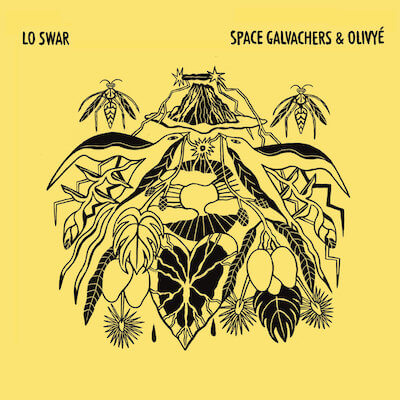
Space Galvachers & Olivyé: Lo Swar (Helico Music)
Olivyé is one of the names used by Olivier Araste, the vocalist in renowned Maloyan folk group Lindigo. Under this fresh moniker, he steps outside the usual fold to work with Space Galvachers, a French trio that has cultivated a career around far-ranging collaborations that allow them to build dense electroacoustic soundscapes as pliable yet sturdy as moldable sand. Araste is the ideal foil, leading with hard plucked traditional string instruments and his pillowy vocals. He’s nimble with both to better react to the swift changes in tone and tempo that the Galvachers throw his way.
-

-

-

-

-

-

-

-

-

-

-

-

-

-

-

-

-

-

-

-

-

-

-

-

-

-

-

-

-

-

-

-

-

-

-

-

-

-

-

-

